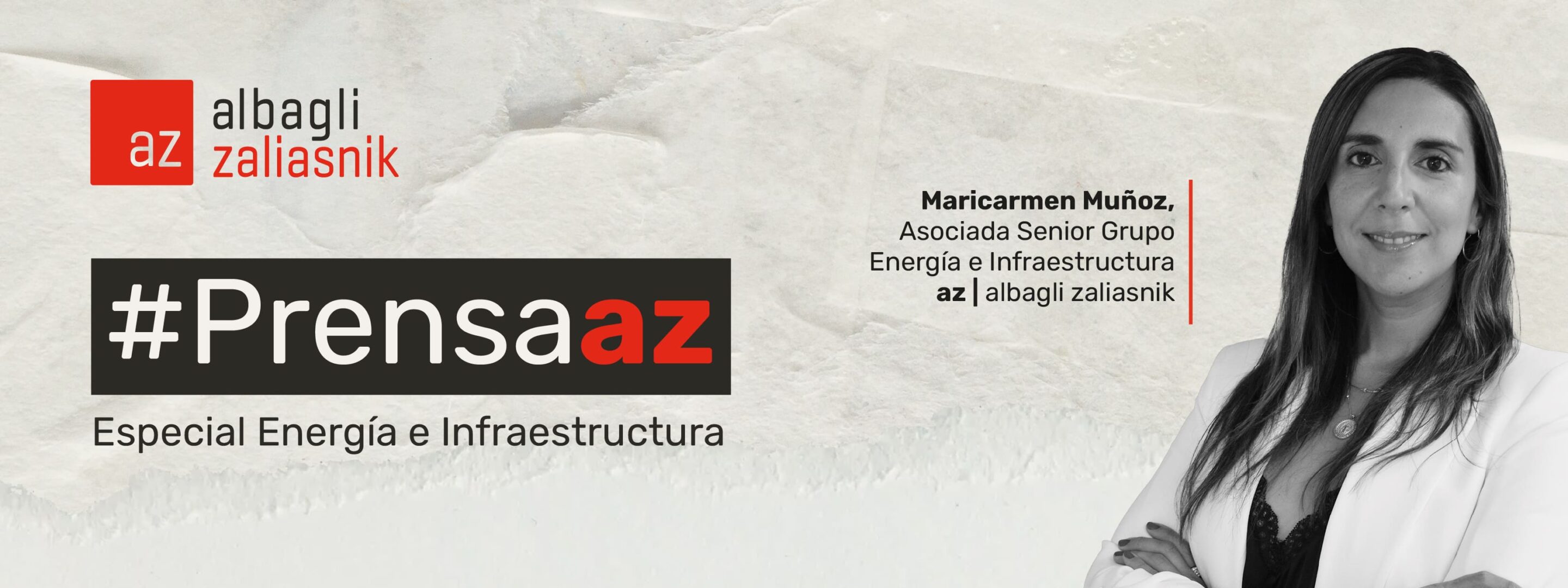We invite you to read the column written by our partner, Alvaro Rosenblut, on four key aspects in which generative AI is transforming M&A.
Generative artificial intelligence (AI) is emerging as one of the most disruptive technologies and presents immense opportunities in the mergers and acquisitions (M&A) space. Companies are beginning to realize that this technology can be a key driver in transforming their growth and optimization strategies and is transforming M&A in four main ways.
First, in identifying opportunities. Traditionally, identifying potential merger or acquisition candidates has been a task that requires extensive analysis of financial data, market research and constant monitoring of industries. Generative AI, with its ability to analyze large volumes of data efficiently and accurately, can automate much of this process.
Using advanced algorithms, it can detect patterns and trends that would indicate potentially compatible companies for a merger or acquisition. This not only saves time, but also increases accuracy in identifying opportunities that might have gone unnoticed using traditional methods.
Second, Generative AI improves the due diligence process. One of the biggest challenges in M&A is conducting thorough due diligence to assess the true value of a company. Generative AI can analyze a vast amount of financial, legal and operational data to generate detailed and accurate reports.
By simulating different financial and operational scenarios, AI can forecast potential risks and benefits, providing a more complete valuation and reducing the uncertainties inherent in the M&A process.
The third key element is the optimization of post-merger integration. Once a merger or acquisition is complete, integrating companies can be a complex and costly process. Generative AI can play a crucial role in this phase, helping to design more effective integration strategies.
Through analysis of operational and cultural data from both entities, AI can generate models that predict best practices for integrating systems, processes and human teams. This facilitates a smoother and faster transition, maximizing the value gained from the merger or acquisition.
Fourth, there is innovation. By generating new ideas and approaches, AI can contribute to the development of products and services that leverage the combined strengths of both entities. In addition, it can improve strategic decision making by providing data-driven insights and simulations of possible outcomes.
Despite the many opportunities for generative AI, there are also challenges. Over-reliance on algorithms can lead to biased decisions if the underlying data is unrepresentative or skewed. In addition, privacy and data security are critical concerns, especially when handling sensitive information during due diligence. Given this, collaborative work between technology and human talent is critical.
Generative AI not only promises to revolutionize the M&A process, but also opens up a new horizon of possibilities for innovation and business growth.



